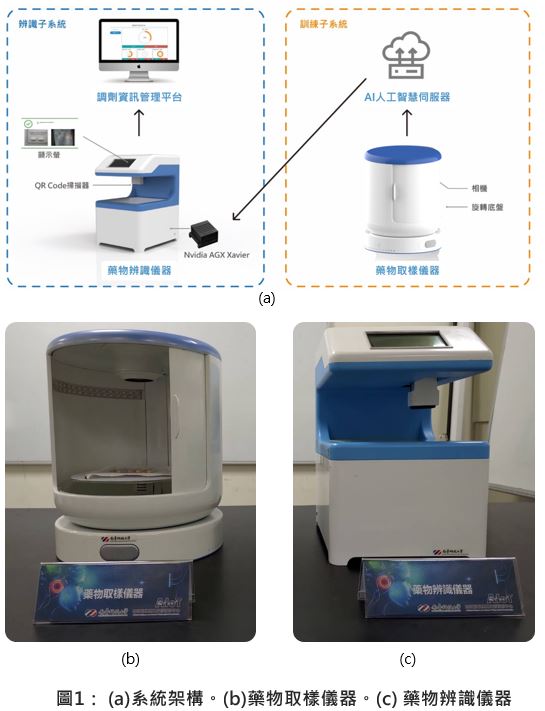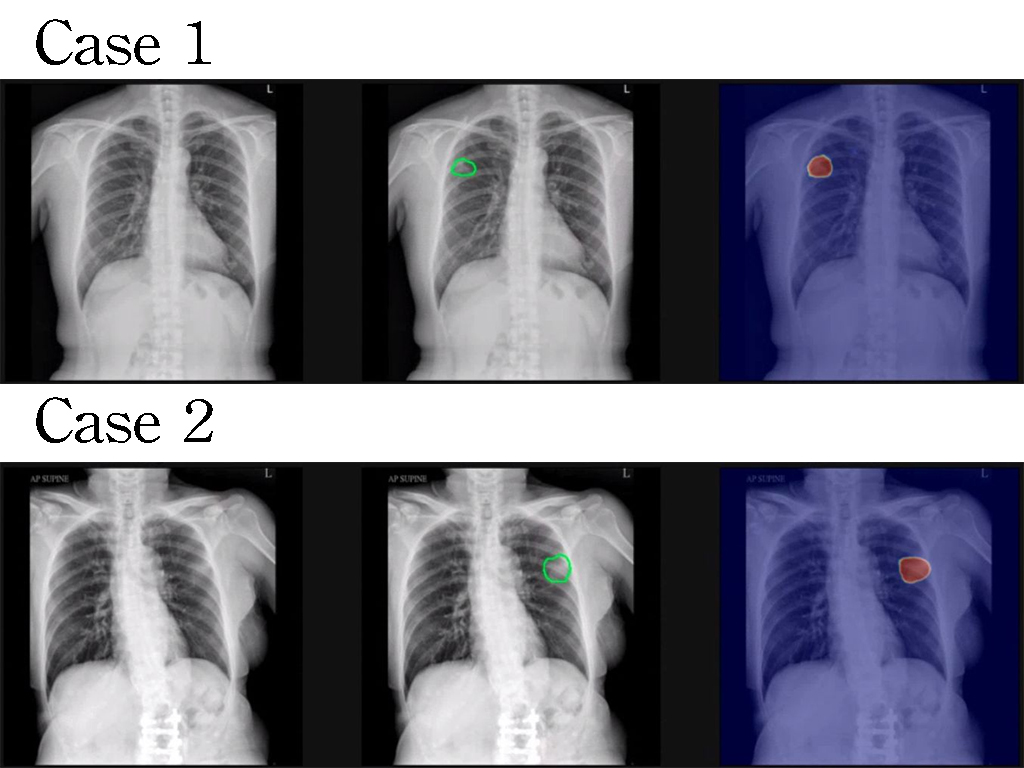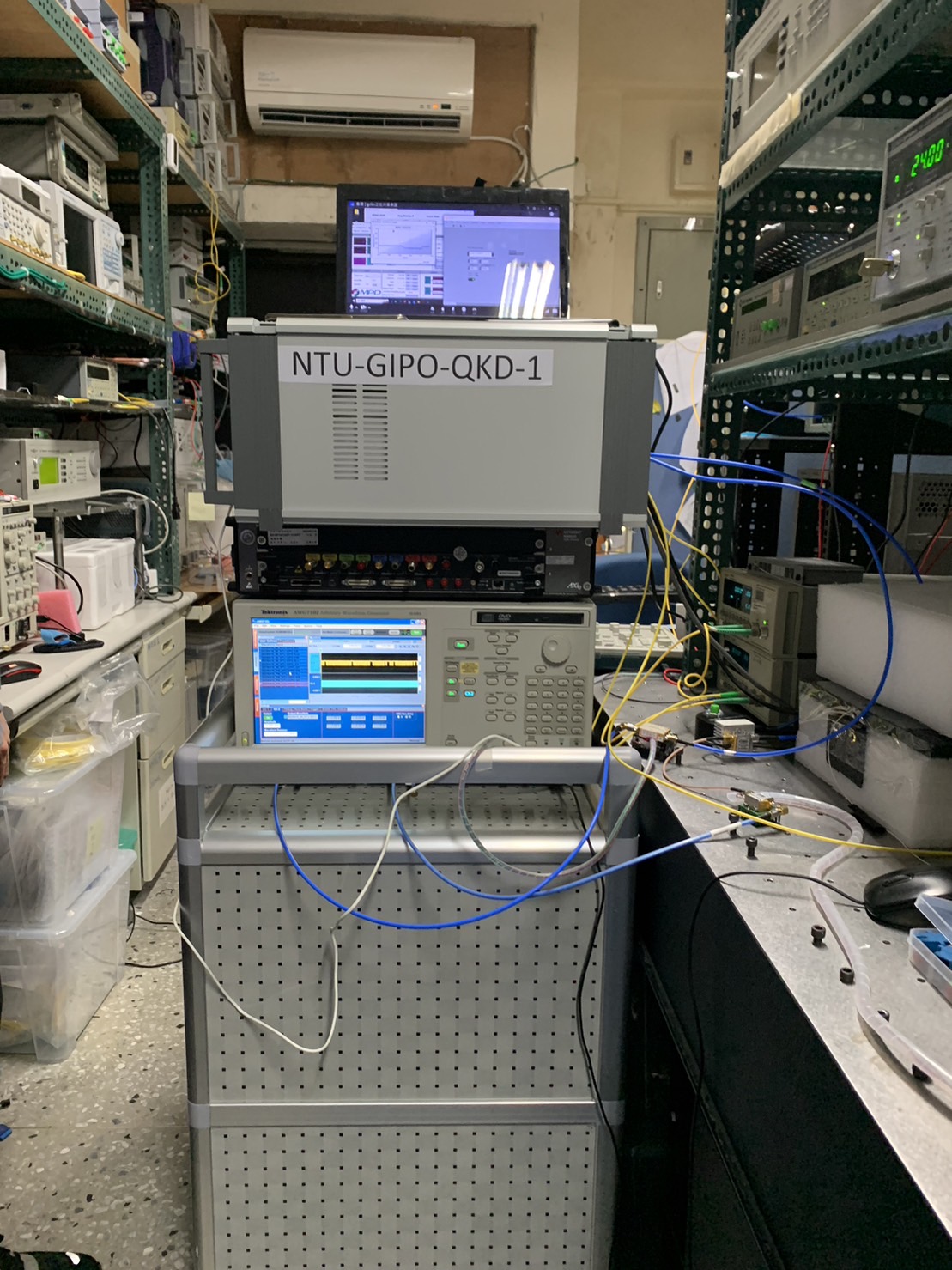| Technical Name | Development of novel cannabinoid CB1receptor antagonists with high oral absorption and no central adverse effects for the treatment of cardiovascular diseases | ||
|---|---|---|---|
| Project Operator | National Taiwan University College of Medicine | ||
| Project Host | 魏子堂 | ||
| Summary | Using high-throughput screening, we discovered that soybean isoflavone genistein (GEN) is a novel CB1 receptor antagonist that does not cross the blood-brain barrier, thereby avoiding CNS effects and psychiatric side effects. We further enhanced the water solubility and oral bioavailability of GEN through microbial fermentation. This strategy has been patented and can be used to treat cardiovascular diseases and has therapeutic potential for other diseases related to abnormal CB1 activation. |
||
| Scientific Breakthrough | Developing CB1 receptor antagonists without psychiatric side effects is an unmet medical need. We discovered that Genistein (GEN) is a novel CB1 antagonist that neither crosses the blood-brain barrier nor causes psychiatric side effects. Through microbial fermentation, GEN was converted into Genistein-7-O-Phosphate (GEN-7P), exhibiting a 100,000-fold increase in water solubility and 83% intestinal permeability, significantly enhancing the oral bioavailability of GEN. |
||
| Industrial Applicability | Our team has experience in fermentation and natural product development. We have analyzed the isoflavone content of Taiwanese soybeans and established a complete supply chain. Through microbial fermentation, we significantly increased the water solubility, intestinal permeability, and bioavailability of GEN. The strategy has been patented, strains deposited, and the GEN derivatives have been approved by the U.S. FDA NDI, which will facilitate subsequent clinical development and application. |
||
| Keyword | Cannabinoid receptor type 1 CB1 antagonists Soybean isoflavones Bacillus natto fermentation Genistein-7-O-Phosphate Water solubility Oral bioavailability Fermented Soybean products Cardiovascular disease Atherosclerosis | ||
- Contact
- Dai-Jung Chung
- jdr1985@ntu.edu.tw
other people also saw















